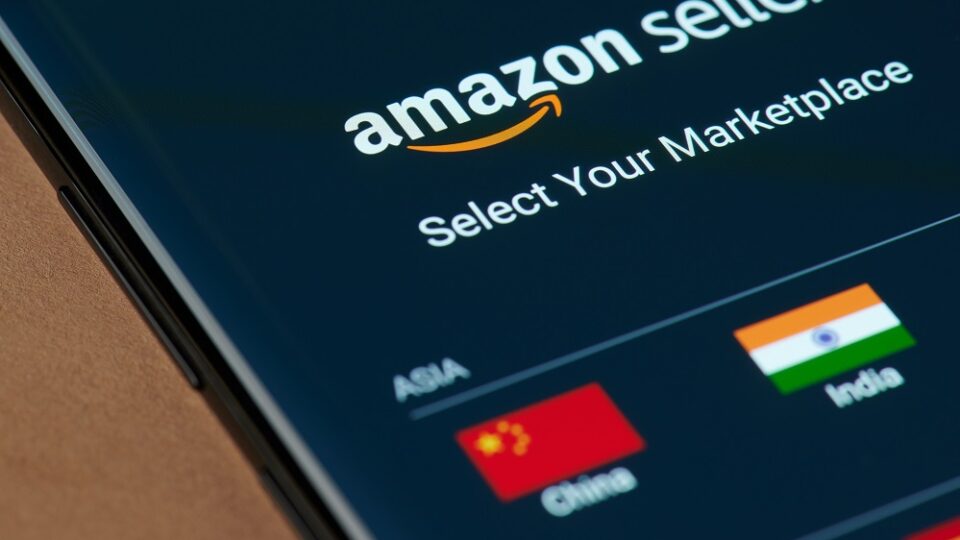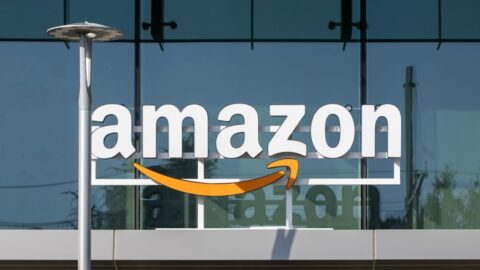[Update as of Oct. 2, 2024] Amazon has won a partial dismissal of the Federal Trade Commission (FTC)’s lawsuit claiming it maintains illegal monopolies, multiple sources report, although which parts of the case were dismissed is not clear because the ruling is sealed. U.S. District Judge John Chun’s sealed ruling partially grants Amazon’s motion to dismiss the FTC suit; the FTC will be allowed to continue to pursue any claims the judge did not permanently dismiss. Additionally, Chun had decided that the case, which will go to trial in October 2026, will be heard in two parts: one focused on the company’s alleged antitrust violations and a second focused on the FTC’s proposed remedies.
Original story from Sept. 26, 2023 begins-
A long-expected lawsuit has been filed by the FTC and 17 state attorneys general against Amazon, alleging that the company uses “interlocking anticompetitive and unfair strategies to illegally maintain its monopoly power,” according to an FTC statement. The agency has had its eye on Amazon for several years, most recently filing suit in June 2023 over Amazon membership practices that made it difficult for consumers to cancel Prime memberships.
“Our complaint lays out how Amazon has used a set of punitive and coercive tactics to unlawfully maintain its monopolies,” said Lina Khan, Chair of the FTC in a statement discussing the new lawsuit. “The complaint sets forth detailed allegations noting how Amazon is now exploiting its monopoly power to enrich itself while raising prices and degrading service for the tens of millions of American families who shop on its platform and the hundreds of thousands of businesses that rely on Amazon to reach them.”
Amazon strongly disagreed with the lawsuit’s allegations and questioned the motives of the FTC in filing it. “Today’s suit makes clear the FTC’s focus has radically departed from its mission of protecting consumers and competition,” wrote David Sapolsky, SVP of Global Public Policy and General Counsel at Amazon. “The practices the FTC is challenging have helped to spur competition and innovation across the retail industry, and have produced greater selection, lower prices, and faster delivery speeds for Amazon customers and greater opportunity for the many businesses that sell in Amazon’s store.”
Sapolsky’s statement concludes with: “The lawsuit filed by the FTC today is wrong on the facts and the law, and we look forward to making that case in court.”
Amazon provided an expanded rejoinder to the suit that uses even stronger language: “The FTC’s case alleges that our practice of only highlighting competitively priced offers and our practice of matching low prices offered by other retailers somehow lead to higher prices,” wrote Sapolsky. “But that’s not how competition works. The FTC has it backwards and if they were successful in this lawsuit, the result would be anticompetitive and anti-consumer because we’d have to stop many of the things we do to offer and highlight low prices — a perverse result that would be directly opposed to the goals of antitrust law.”
Suit Alleges Anticompetitive Actions in Multiple Areas
The FTC alleges anticompetitive activity on Amazon’s B2C site as well as with the online marketplace services purchased by Amazon sellers, using tactics that include:
- Anti-discounting measures that punish sellers and deter other online retailers from offering lower prices than Amazon’s, keeping overall product prices higher. Amazon is charged with “burying” sellers that it finds offering lower-priced goods so far down in its search results as to render them effectively invisible;
- Conditioning sellers’ ability to obtain Prime eligibility for their products, a practical necessity for doing business on the Amazon marketplace, on sellers using Amazon’s fulfillment service, making it “substantially more expensive for sellers on Amazon to also offer their products on other platforms;” and
- “Degrading the customer experience by replacing relevant, organic search results with paid advertisements — and deliberately increasing junk ads that worsen search quality and frustrate both shoppers seeking products and sellers who are promised a return on their advertising purchase.”
Advocacy organizations, along with current and former Amazon sellers, applauded the FTC’s actions. “This is one of the most important antitrust cases in U.S. history,” said Stacy Mitchell, Co-Executive Director at the Institute for Local Self-Reliance in comments provided to Retail TouchPoints. “Amazon’s market power originates online, but it wields that power along every Main Street in America. Countless companies, producing and selling everything from books to apparel, prescriptions to electronics, and so much more, must submit to Amazon’s bullying and extortion, or lose access to the online market.”
Nicholas Parks, President of Snob Foods, said in comments provided to Retail TouchPoints that “Amazon owns the platform, so they pay nothing for ad space and assess nothing toward logistics fees. Meanwhile, third-party sellers spend 50% or more of revenue for those items. This is why it’s impossible to compete head-on with Amazon. I’m not sure another example exists of a retailer operating at a gross loss for more than a few months. Amazon can only afford to do this by charging ever more fees to third-party sellers and customers of AWS. This case from antitrust authorities is critical to ensuring businesses like mine can sell fairly online.”
Doug Mrdeza, owner of former Amazon seller Top Shelf Brands, added: “Amazon presents itself as a partner, but in reality, it’s a competitor that steals proprietary information and uses it to put third-party sellers out of business. The company’s ‘blending’ of its various lines of business lies at the root of all the problems small businesses have with Amazon. I would still be in business if it wasn’t for Amazon. I applaud the FTC for finally taking action.”













